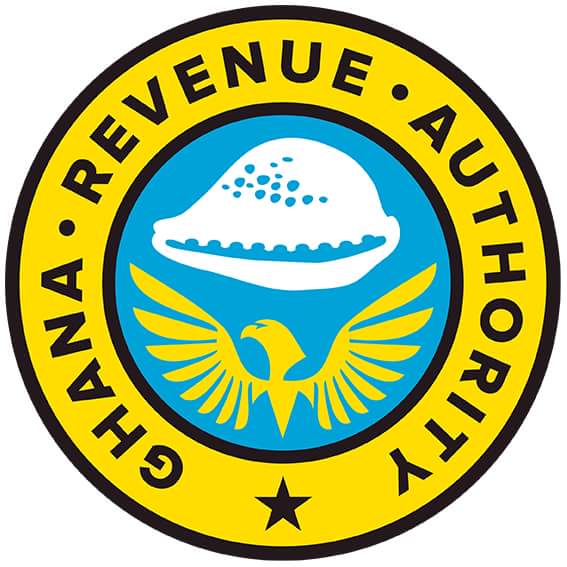A total cumulative revenue of GH¢ 10.6 billion ($4.2 billion) was realised from Ghana’s extractive sector for the period between 2004 and 2018.
On average, the revenue realised for the period under review was GH¢ 706 million ($280 million), when compared to the average revenue of Ghs 46.3 million ($51.4 million) realised in 2004/2005, this represents a 15 times increment in extractive sector revenue for government.
The aforementioned increment in revenue from the nation’s extractive industry is contained in a report analysing the resulting revenue impact of some fiscal reforms recommended by the Ghana Extractive Industries Transparency Initiative (GHEITI) to government.
Chief among the fiscal reforms recommended by GHEITI include the increment of corporate taxes from 25 percent to 35 percent and the mandatory 5 percent royalty rate from a previous 3 percent rate.
Other inspired-GHEITI fiscal reforms were also carried out in the area of property tax, ground rent, license fees, dividends and other miscellaneous additions.
According to GHEITI, mineral revenue growth as a percentage of total government domestic revenues, increased from a mere 2 percent in the base year period of 2004/2005 to a stabilised rate of 4 percent from 2010 to 2018 – around the time GHEITI’s recommendations were being implemented by government.
In its report which is yet to be launched, GHEITI notes that yearly investment in the mining sector has increased significantly over the years from a low of $231.78 million in 2000, peaking at $1.4 billion in 2012 before reducing slightly to $953.17 million in 2018.
Some other key findings contained in the report include:
The study estimated a total of GH¢ 2.1 billion (US$713.9 million) additional mineral revenues as a result of the improvement in the mineral royalty from 3 percent to 5 percent flat rate and corporate taxes from 25 percent to 35 percent in 2010 and 2012 respectively.
Mineral royalty improvement contributed a total of GH¢1.25 billion (US$417.1 million), that is 57.8 percent of the total addition; while corporate tax improvement contributed GH¢ 913.5 million (US$295.8 million), constituting 42.2 percent of the total addition.
Other revenues contributed a total of GH¢1.6 million (US$1.5 million). This brings the total direct contributions as a result of GHEITI’s policy recommendations to GH¢ 2,166,797,168.53 (US$713.9 million).
This gain came mainly from two mineral revenue streams (royalties, corporate taxes) and the few others over the 15-year period, between 2004 and 2018. A significant portion of this amount came from the reviewed royalty and corporate taxes resulting from the changes in these fiscal rates between 2010 and 2018.
Fiscal rate appreciation from 3% to 5% for royalties and 25% to 35% for corporate taxes was the major policy impact in terms of additional revenues to government, compared to other measures.
The estimation took cognisance of the stability agreement between the Government of Ghana and Newmont mining company on one hand and AngloGold Ashanti on the other hand as well as the renegotiated fiscal rate of AngloGold Ashanti and Gold Fields mining companies between 2017 and 2018.
But the impact of the AngloGold Ashanti and Gold Fields fiscal rate changes in 2017 and 2018 were largely muted because they both still paid royalty at 3% due to the applicable market price/oz of gold within the period.
Other mineral revenue additions which came as a result of GHEITI’s advocacy also accrued to institutions other than central government. These include mineral ground rent and license/environmental permit fees. These additions were estimated at GH¢65,028,490 million.
A total of GH¢ 32.4 million ground rent accrued to landowners while GH¢ 33.4 million accrued to state institutions such as the Minerals Commission and Environmental Protection Agency (EPA) as licenses/environmental permit fees.







